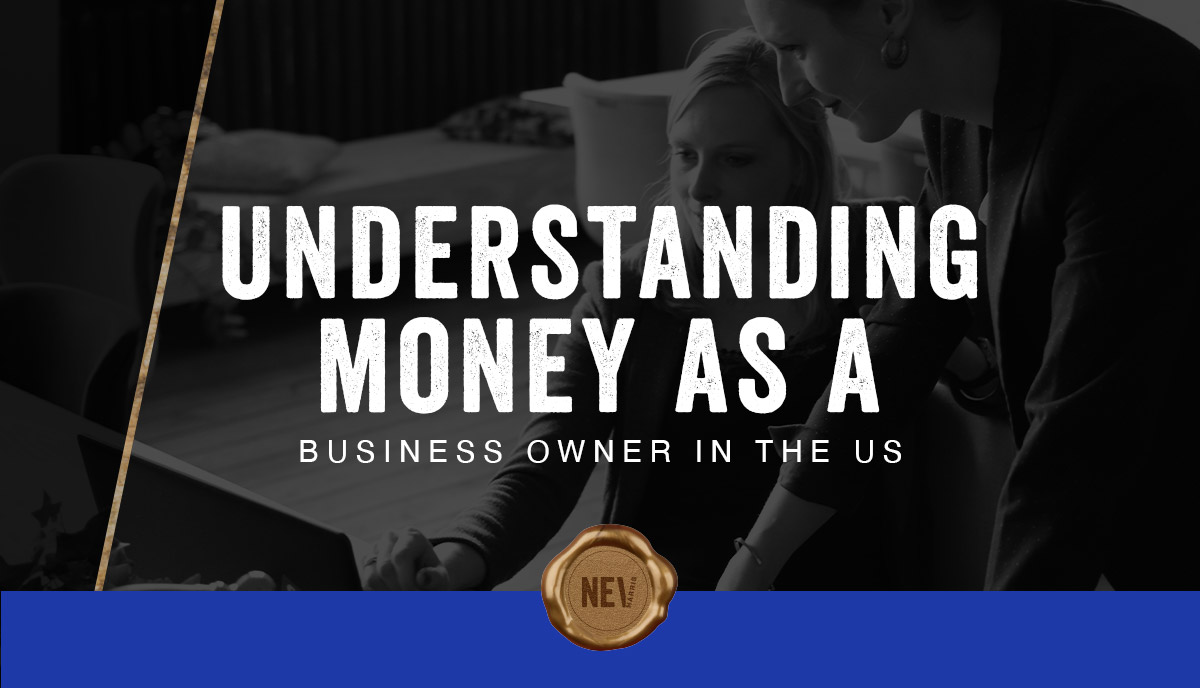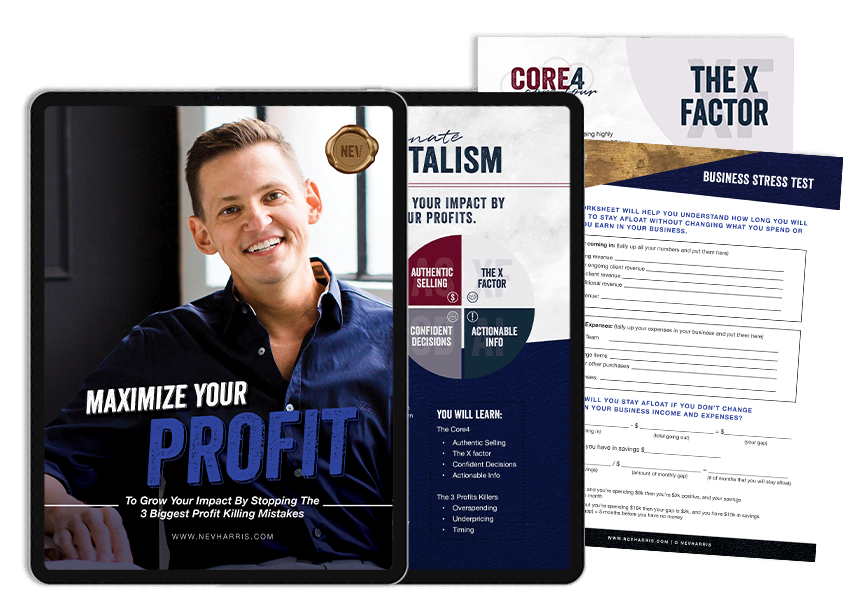Understanding Money as a Business Owner in the US


Setting out into the world as a freelancer seems like a fantastic adventure – at least until you realize that understanding money is basically essential, and you have zero experience.
If that doesn’t stop you from pursuing the freelance dream (and it shouldn’t), a few tips will help you go from dreamer to butt-kicking, invoice-sending freelancer – for real.
Follow these steps and you’ll be wearing the Financially-Fit Freelancer badge in no time.
Understand the structure of your business
Let’s start with the most snooze-worthy part: the legal classification of your business!
Sole proprietorship
This structure is for those fiercely independent people who do it all on their own. Under this structure, you can use business losses to offset the income you earn from other sources. Plus, come tax time, you’ll only need one main form: Schedule SE.
Partnership
A partnership is owned and operated by several individuals, and the structure can be split into two types.
General partnership:
A general partnership is like a financial marriage: all partners are responsible for managing the company, along with its debts and obligations.
Limited partnership:
If a general partnership is like a marriage, a limited partnership is a fair-weather friendship. Partners serve as investors only.
Corporation
A corporation is a legal entity independent of its owners. This is a popular business structure because your personal assets are never at risk, and you’ll always have the option of selling stock to raise funds. The most important perk? Corporations, like the vampires of profit, can live on forever.
S Corporation
Things agency owners love: early client payments, great testimonials, and tax benefits. The first two often come down to good luck, but the first can be achieved with an S Corporation business structure. Shareholders bear the brunt of income and losses, and with an allowance of up to 100 shareholders, you stand to make more capital and less stress!
Limited Liability Company
The concept of Limited Liability Companies (or LLCs) was born in 1977, making this the youngest business structure. Like the children of corporations and partnerships, LLCs have the option not to pay federal taxes and instead list profits and losses on the owners’ tax returns. They also offer the benefits of liability protection.
Take control of your taxes
If you’re reading this, that means you’re still awake, so congratulations! Yes, the detail behind business structures is pretty dry, but it can have a significant impact on your tax and your bank balance in general.
Sole traders
Sole proprietors pay standard income tax at a percentage determined by their earnings. This is great for new owners, but not so much for successful entrepreneurs who can be taxed up to 45 percent of their income. There is a silver lining, though – sole traders are eligible for a 50% discount on capital gains tax.
Partnerships
Businesses run by partnerships don’t pay income tax, but they are required to report on all gains and losses. Partners are also required to submit two tax returns – one on the behalf of the business, and another as an individual.
Corporations
The tax rate for corporations can change by the year, but as of 2020, these entities pay 21% tax on their profits.
S Corporations
Similar to partnerships, S Corporations are able to pass corporate income, losses, deductions, and credits on to shareholders.
Limited Liability Company
Single-owner LLCs are treated as sole proprietors and are required to file an income tax return. Meanwhile, LLCs with multiple owners are treated as partnerships.
Contracts
Contracts aren’t just about making sure you eventually get paid; they’re also about setting expectations, and understanding money helps with both. You’ll need to write and send your own contracts, and the choices you make determine your earning capacity.
Don’t have the time or funds to hire a contract lawyer? No problem! There are free open-source contracts you can download and adapt to your needs – just remember to include the following basics:
- Scope of work
- Deliverables
- Deadlines
- Fees
- Ownership details; and
- The duration of the relationship
This way, it’s much harder for a client to wriggle out of paying you what they owe without the threat of legal action.
Retirement benefits
Freelance work sounds breezy until you realize that your retirement is entirely up to you. Without an employer putting money away into a 401k, you’ll need to be disciplined about putting money from each paycheck into your bank account.
You should aim to pay yourself a retirement income of approximately 80 percent of your pre-retirement expenses.
Health insurance
Because freelancers don’t get the luxury of paid sick days (if you can call lying in bed with a hot water bottle and a box of tissues “luxury”), health insurance is a critical investment. Premiums vary depending on your age, location, type of plan, and other legal factors, so don’t skimp on the research! This is where understanding money really comes in handy: find out as much as you can about your rights and obligations, so that, if the worst happens, you’ll be covered.
Even if understanding money seems complicated right now, you can simplify your life by breaking things down into categories. It works – promise!
P.S. Even if dealing with all of this stuff sends you into Total Panic Mode, help is out there – and you don’t even have to leave this page to find it. Just click here to sign up for my mailing list and be notified when my brand new bookkeeping website goes live!


